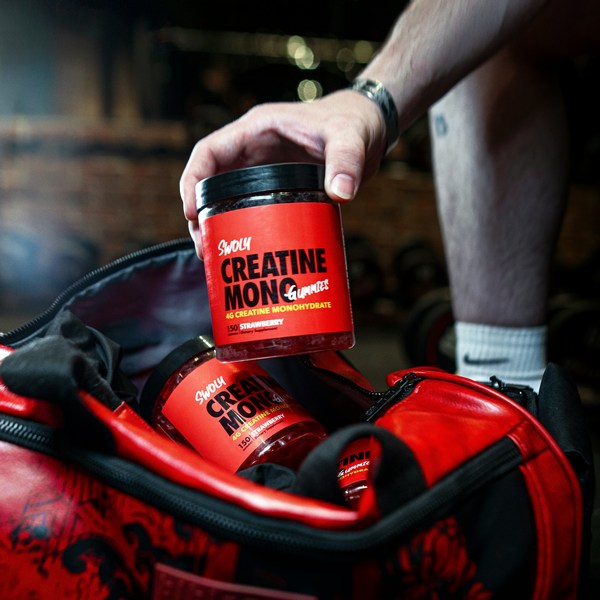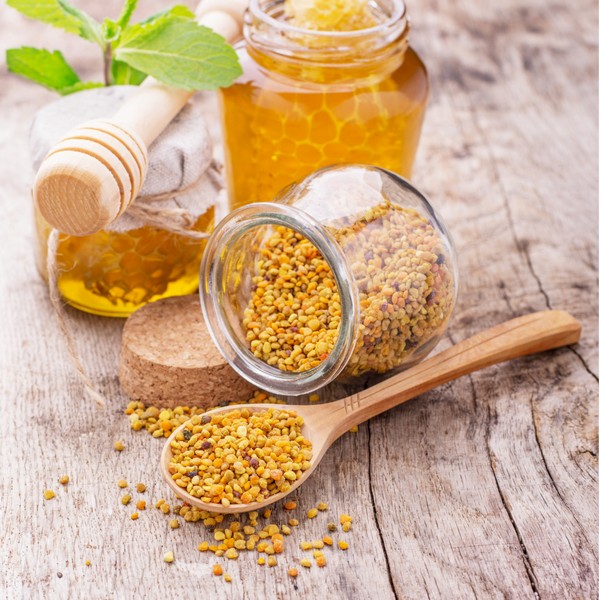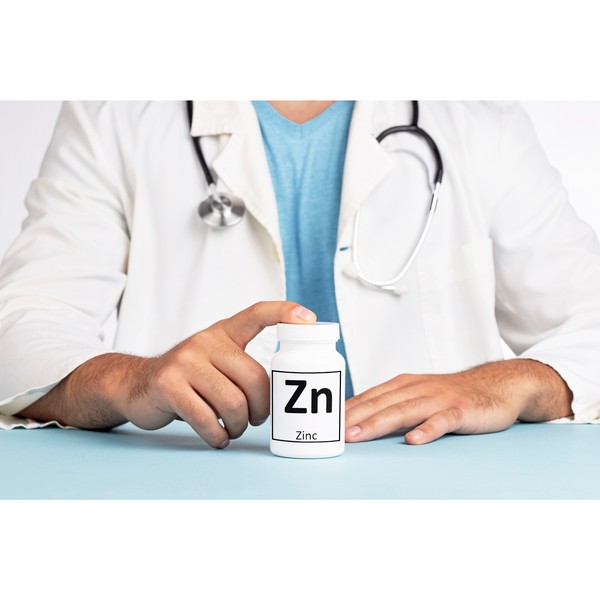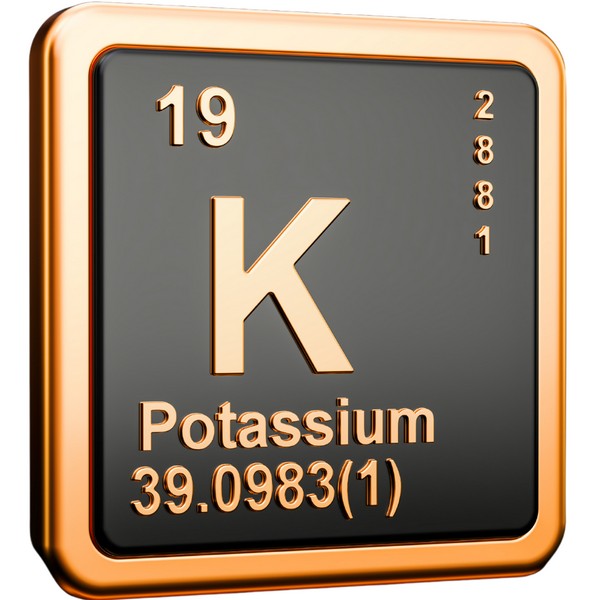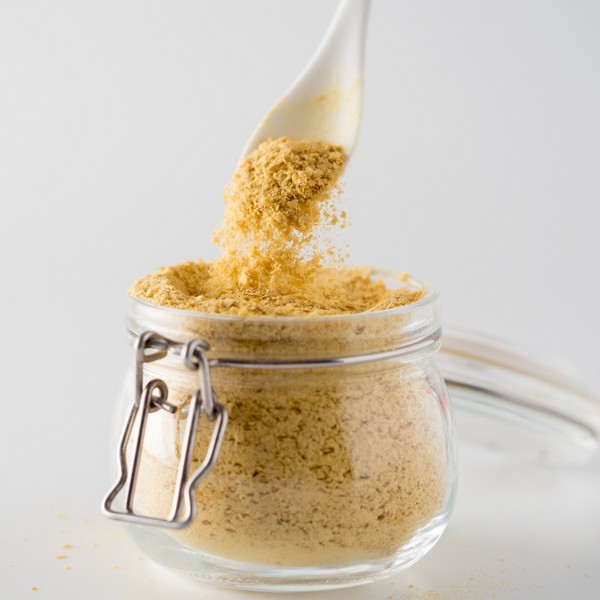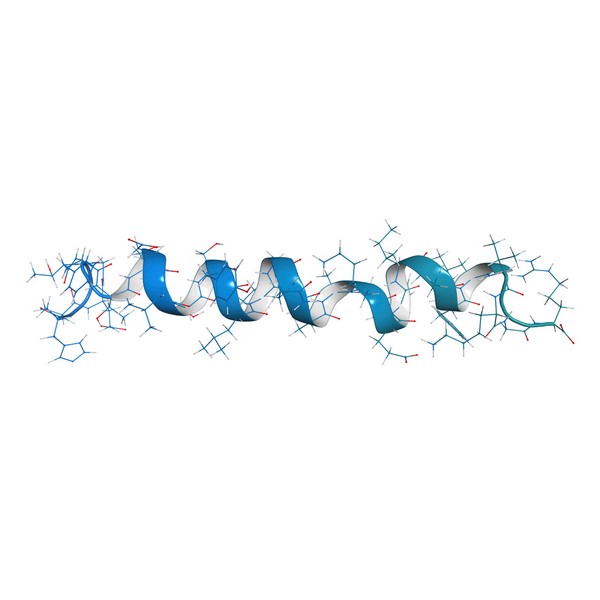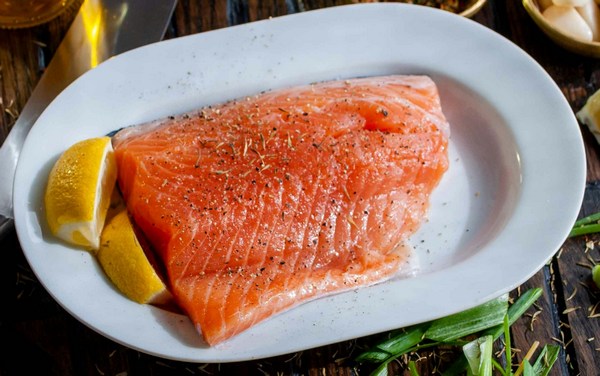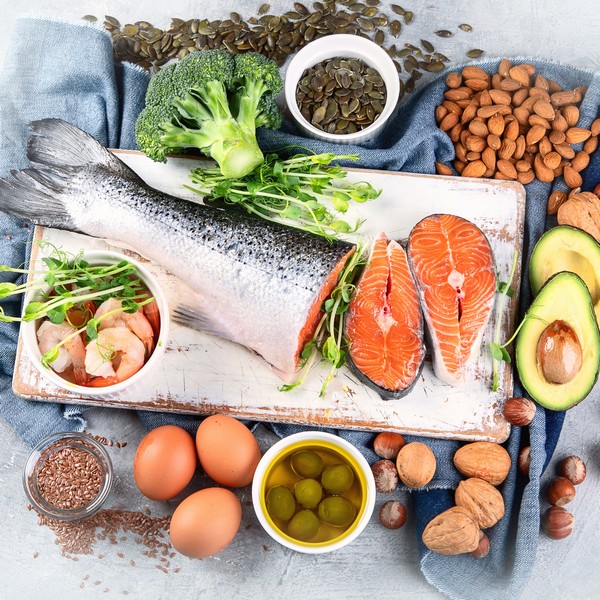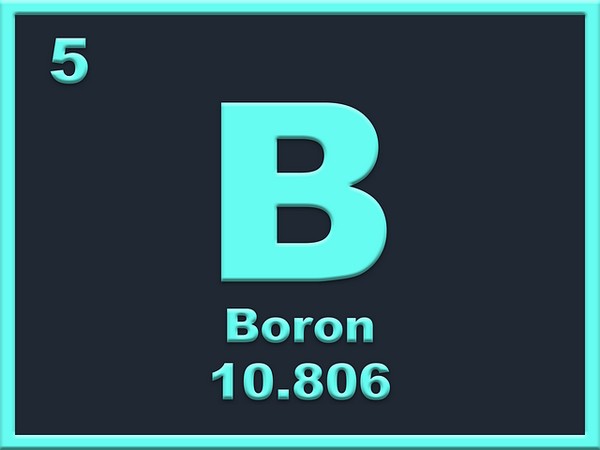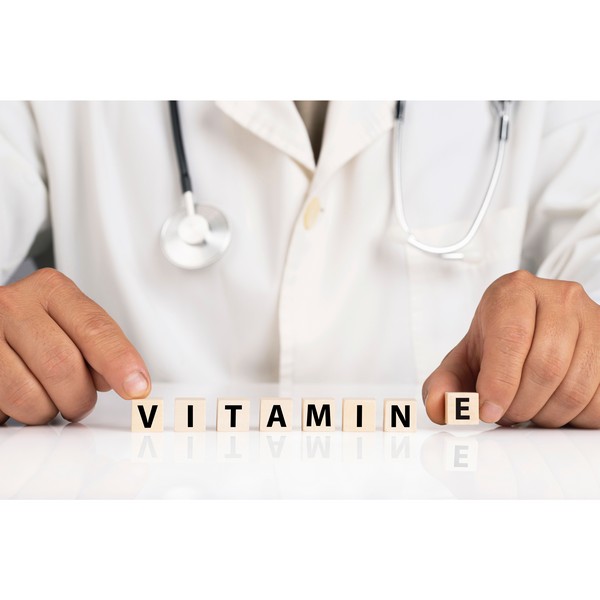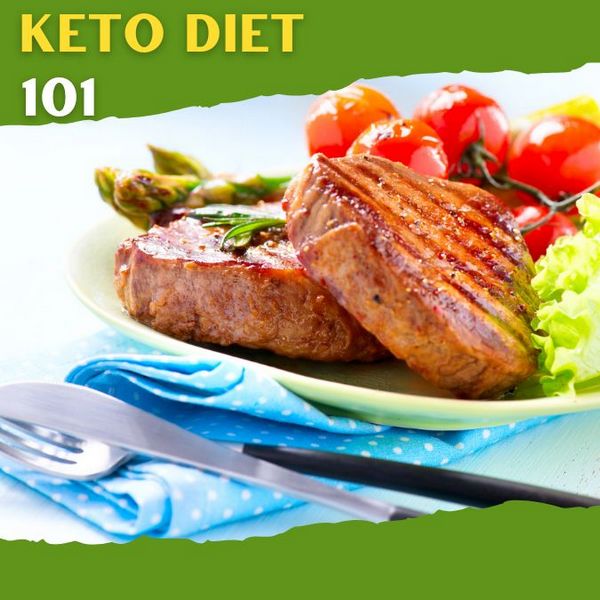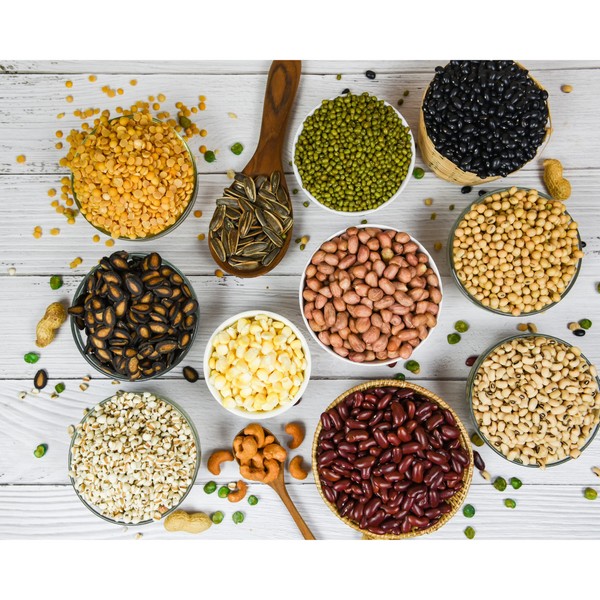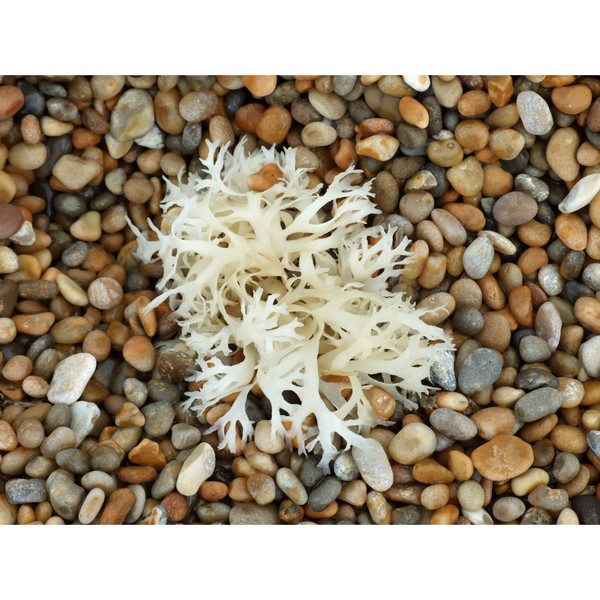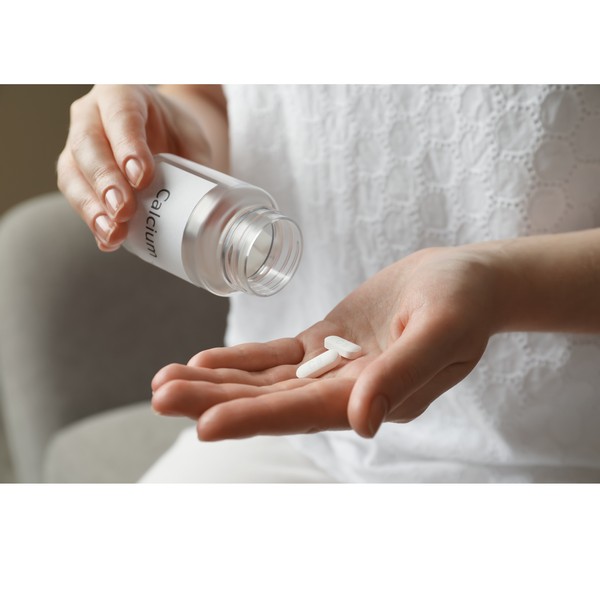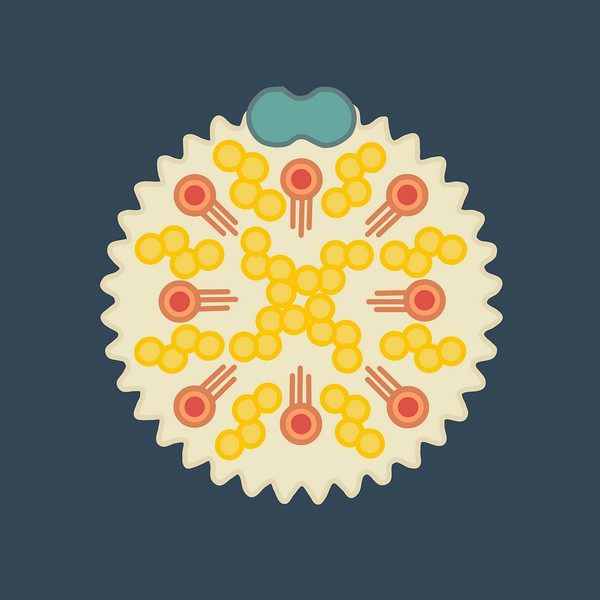Cod liver oil has been used for centuries as a natural remedy for various health conditions. Packed with essential nutrients and fatty acids, cod liver oil offers numerous benefits for overall health. From heart health to brain function, bone strength, and skin health, this natural supplement is known for its transformative properties.
Key Takeaways
- Heart Health: Omega-3s make your heart beat with joy.
- Boost Immunity: Vitamin D is your immune system’s sunbeam.
- Vision & Glow: Retinol (Natural Vitamin A) keeps your eyes sharp and skin radiant.
- Soothe & Strengthen: Eases joint pain and bones.
- Brain Power: Boosts cognitive function and guards against decline.
- Gut Health & Pregnancy: Aids digestion and supports fetal development.
- Choose Wisely: Not all supplements are created equal; find your fit.
Cod liver oil is a simple way to support your overall health, from heart to bones to brain.
Got questions? We’ve got answers. Dive into our FAQ section to discover how cod liver oil can transform your health and wellness journey.
Table of Contents
Understanding Cod Liver Oil
While fish oil is extracted from the body of fish, cod liver oil is specifically obtained from the liver of cod fish. This distinction is important because cod liver oil contains additional nutrients which are not found in regular fish oil supplements.
These nutrients work synergistically to promote overall health and well-being. Incorporating cod liver oil into your daily routine can ensure that you are getting a valuable dose of these essential components.
Health Benefits of Cod Liver Oil
Cod liver oil has a wide range of health benefits, making it a valuable supplement for overall wellness.
Omega-3 Fatty Acids: A Heart Health Hero
Omega-3 fatty acids, present in high levels in cod liver oil, are known for their cardiovascular benefits.
- Reduced Risk of Heart Disease
- Lower Blood Pressure
- Improved cholesterol levels
- Anti-inflammatory properties that can reduce inflammation in blood vessels
Vitamin D: The Immunity Booster
Vitamin D plays a crucial role in maintaining a healthy immune system. Cod liver oil, being a natural source of vitamin D, can contribute to overall immune function.
- Enhanced Immune Response
- Reduced Risk of Infections
- Defense against Autoimmune Disorders
Retinol; the Natural Bioavailable Vitamin A
Copper is a trace mineral that plays a key role in various bodily functions, including iron metabolism, energy production, and antioxidant defense. Ceruloplasmin, a protein containing copper, helps transport iron throughout the body and supports immune function. Retinol is critical for getting copper into ceruloplasmin. Ceruloplasmin is the most important and underrated multicopper oxidase and antioxidant in the body.
Cod liver oil’s vitamin A content makes it a valuable supplement for maintaining healthy and radiant skin.
- Improved Skin Texture
- Acne Management
- Eczema Relief
Anti-Inflammatory and Joint Health Properties
Cod liver oil’s anti-inflammatory properties make it a natural remedy for joint health.
- Reduced Joint Pain
- Support for Joint Mobility
- Protection against Inflammation.
Cod Liver Oil and Brain Function
Cod liver oil is beneficial for cognitive function and brain health.
Cognitive Support and Memory Enhancement
- Enhanced Cognitive Function
- Improved Memory
- Protection against Age-Related Cognitive Decline
Potential Role in Preventing Neurodegenerative Disorders
Emerging research suggests that cod liver oil may play a potential role in preventing neurodegenerative disorders, such as Alzheimer’s disease.
- Protection against Brain Aging
- Support for Brain Structure and Function
Cod Liver Oil and Bone Health
Cod liver oil’s role in maintaining bone health is well-known, thanks to its high levels of vitamin D and other essential nutrients.
Reduced Risk of Osteoporosis
Osteoporosis, a condition characterized by weak and brittle bones, is a growing health concern, particularly among the aging population. The nutrients in cod liver oil can help reduce the risk of osteoporosis in the following ways:
- Calcium Absorption
- Bone Mineral Density
- Support for Bone Remodeling
Cod Liver Oil in Eye Health
Cod liver oil’s benefits extend beyond cardiovascular health and bone health, as it also plays a role in maintaining good eye health.
Macular Degeneration
Age-related macular degeneration (AMD) is a leading cause of vision loss, especially among older adults. The nutrients present in cod liver oil, including vitamin A and omega-3 fatty acids, help protect the macula, a part of the retina responsible for sharp, central vision, from degeneration.
Vision and Eye Moisture
- Moisturized Eyes: Omega-3 fatty acids, found abundantly in cod liver oil, help maintain eye moisture levels, reducing discomfort associated with dry eyes.
- Sustaining Vision: The essential nutrients in cod liver oil contribute to overall eye health, supporting optimal vision function and clarity.
Cod Liver Oil and Skin Health
Cod liver oil is not only beneficial for internal health but also for skin health. Its nutrients can nourish the skin from within, promoting a healthy complexion, and reducing the signs of aging.
- Healthy Skin Texture
- Moisturized Skin
- Protection against Wrinkles
Enhanced Collagen Production for Youthful Skin
Collagen, a protein essential for maintaining skin elasticity and firmness, plays a vital role in achieving youthful-looking skin.
- Improved Skin Elasticity: The nutrients present in cod liver oil, such as vitamin A and omega-3 fatty acids, support collagen production, enhancing skin elasticity and reducing the appearance of sagging or wrinkles.
- Youthful Appearance: By promoting collagen synthesis, cod liver oil helps maintain a youthful, firm, and plump complexion, contributing to a more radiant appearance.
- Skin Rejuvenation: Increased collagen production from cod liver oil can aid in the repair and regeneration of damaged skin cells, resulting in a smoother, more rejuvenated complexion.
Cod Liver Oil’s Impact on Gut Health
The health of our gut has a significant impact on overall well-being, and cod liver oil can play a beneficial role in supporting a healthy gut.
Supporting Digestive Health
- Promoting a Healthy Gut Environment
- Reducing Gastric Ulceration
- Improved Nutrient Absorption
Cod Liver Oil for Pregnancy and Child Development
Cod liver oil is a beneficial supplement for pregnant women, providing essential nutrients for both maternal health and the healthy development of the fetus.

Nutritional Support During Pregnancy
Pregnancy is a crucial time when proper nutrition is vital for both the mother and the developing baby. Cod liver oil can provide essential nutrients, promoting overall health during pregnancy in the following ways:
- Essential Fatty Acids: Cod liver oil’s omega-3 fatty acids, such as EPA and DHA, are essential for fetal brain and eye development, promoting optimal cognitive function and vision.
- Vitamin A and Vitamin D: The vitamin A and vitamin D content of cod liver oil supports immune function, bone development, and overall fetal growth and well-being.
Impact on Foetal Development
Cod liver oil’s nutrients play a crucial role in supporting optimal fetal development.
- Healthy Brain and Nervous System: The omega-3 fatty acids, particularly DHA, in cod liver oil are essential for the development of the baby’s brain and nervous system, supporting cognitive function and overall neurological health.
- Improved Eye Health: The omega-3 fatty acids and vitamin A in cod liver oil contribute to the development of the baby’s eyes, promoting healthy vision and reducing the risk of eye-related issues.
- Overall Growth and Well-being: The essential nutrients in cod liver oil, including vitamin D, vitamin A, and omega-3 fatty acids, support overall fetal growth, bone development, and a healthy immune system.
Optimizing Your Cod Liver Oil Experience
To optimize the benefits of cod liver oil, it is essential to choose the right supplement and follow recommended dosages.
Choosing the Right Supplement
When selecting a cod liver oil supplement, it is important to choose a high-quality product that provides the essential nutrients you seek. Consider the following factors:
- Purity and Quality: Look for a cod liver oil supplement that undergoes third-party testing to ensure purity, potency, and high-quality standards.
- Reputable Brands: Choose supplements from reputable brands with a history of producing reliable and safe natural supplements, preferably those approved by regulatory bodies such as the FDA. Rosita Real Foods and Jigsaw Health are the top two brands highly recommended for impeccable quality and potency
- Packed with 100% natural nutrients, including vitamins A and D and a full spectrum of omega fatty acids (EPA and DHA); no synthetic additives.
- Utilizes a unique, ancient technique for quick natural oil extraction.
- Rosita employs sustainable hook and line fishing on their family boat in Norway.
- Each batch undergoes rigorous testing to comply with strict European standards.
- Does not require refrigeration.
- Wild-caught Cod from Alaska’s pristine Dutch Harbor, sustainably sourced.
- Utilizes a proprietary low-temperature distillation process.
- Flash-frozen within 1 hour of capture at -20 degrees Fahrenheit.
- Enriched with Pro-Resolving Mediators, a breakthrough from Harvard Medical School.
- Rich in natural Omega-3s, Vitamin A, and Vitamin D.
Safety Considerations
While cod liver oil offers a plethora of health benefits, it is essential to consider safety precautions and potential side effects associated with its consumption.
Cod liver oil is generally safe for most individuals, but like any supplement, it may have side effects.
- Vitamin Toxicity: Cod liver oil, if taken in excess, can lead to vitamin A vitamin D toxicity. It is crucial to follow recommended dosages and consult a healthcare provider before supplementing with cod liver oil, especially if already taking other supplements containing these vitamins.
- Allergic Reactions: Some individuals may be allergic to fish, including cod fish, and may experience allergic reactions to cod liver oil. If you have known fish allergies, it is essential to avoid cod liver oil or consult with a healthcare provider before use.
- Interactions with Medications: Cod liver oil may interact with certain medications, especially blood thinners. It is important to discuss with a healthcare provider if you are taking any medications or have specific health conditions before incorporating cod liver oil into your routine.
Conclusion
In conclusion, the transformative powers of cod liver oil are evident through its array of health benefits. From heart health to brain function, bone strength, eye health, skin rejuvenation, gut health, and even supporting pregnancy and child development, cod liver oil proves to be a versatile superfood. By understanding its nutritional components and ensuring safety considerations, incorporating cod liver oil into your routine can lead to a holistic improvement in your overall well-being. Remember to choose a quality supplement and follow recommended dosages for maximum effectiveness. Embrace the natural goodness of cod liver oil and unlock its potential for a healthier and happier life.
Consult a healthcare professional prior to engaging in any health-related intervention.
Frequently Asked Questions
Is cod liver oil safe to consume daily?
Cod liver oil is generally safe for daily consumption when taken in recommended doses. However, it’s advisable to consult with a healthcare professional to determine the appropriate dosage for your individual needs.
What are the potential benefits of taking cod liver oil?
Cod liver oil is rich in omega-3 fatty acids, vitamins A and D, which may contribute to various health benefits, including heart health, improved immune function, and joint health.
Can cod liver oil help with inflammation?
Yes, cod liver oil contains omega-3 fatty acids, particularly EPA and DHA, which have been shown to possess anti-inflammatory properties. Regular consumption may help reduce inflammation in the body.
Is there a risk of vitamin A toxicity from taking cod liver oil?
While cod liver oil contains vitamin A, the risk of toxicity is low when taken in recommended doses. However, it’s important to be mindful of the total intake of vitamin A from all sources to avoid excessive consumption.
How should cod liver oil be stored?
Cod liver oil should be stored in a cool, dark place away from direct sunlight and heat sources to prevent oxidation and maintain its potency. It’s also important to seal the bottle tightly after each use.
Can cod liver oil be taken with other supplements or medications?
It’s generally safe to take cod liver oil with other supplements or medications, but it’s wise to consult with a healthcare professional, especially if you have any existing medical conditions or concerns about potential interactions.
Research Agrawal DK, Yin K. Vitamin D and inflammatory diseases. J Inflamm Res. 2014 May 29;7:69-87. doi: 10.2147/JIR.S63898. PMID: 24971027; PMCID: PMC4070857. Bourgeois CR. Cod Liver Oil: 8 Key Benefits Backed by Experts| Signos While side effects are possible, cod liver oil benefits may extend to many areas of wellness, including brain, eye, heart, and bone health. Brustad M, Braaten T, Lund E. Predictors for cod-liver oil supplement use—the Norwegian Women and Cancer Study. European journal of clinical nutrition. 2004 Jan;58(1):128-136. Caramia G. Omega-3: from cod-liver oil to nutrigenomics. Minerva pediatrica. 2008 Aug;60(4):443-456. Dyck MC, Ma DW, Meckling KA. The anticancer effects of Vitamin D and omega-3 PUFAs in combination via cod-liver oil: one plus one may equal more than two. Medical Hypotheses. 2011 Sep 1;77(3):326-332. Fatima F, Memon A, Zafar S, Amar Z, Talpur AS, Hashim S, Maqsood H, Hafizyar F, Kumar B. Role of cod liver oil in reducing elevated lipid parameters. Cureus. 2021 Jun;13(6). Grad R. Cod and the consumptive: a brief history of cod-liver oil in the treatment of pulmonary tuberculosis. Pharmacy in history. 2004;46(3):106-120. Hansen MW, Ørn S, Erevik CB, Bjørkavoll-Bergseth MF, Skadberg Ø, Melberg TH, Aakre KM, Kleiven Ø. Regular consumption of cod liver oil is associated with reduced basal and exercise-induced C-reactive protein levels; a prospective observational trial: a NEEDED (The North Sea Race Endurance Exercise Study) 2014 sub-study. Journal of the International Society of Sports Nutrition. 2021 Dec;18:1-10. Hernigou P, Auregan JC, Dubory A. Vitamin D: part II; cod liver oil, ultraviolet radiation, and eradication of rickets. International Orthopaedics. 2019 Mar 1;43:735-749. Huang WB, Fan Q, Zhang XL. Cod liver oil: a potential protective supplement for human glaucoma. International journal of ophthalmology. 2011 Dec 18;4(6):648. Landymore RW, Kinley CE, Cooper JH, MacAulay M, Sheridan B, Cameron C. Cod-liver oil in the prevention of intimal hyperplasia in autogenous vein grafts used for arterial bypass. The Journal of Thoracic and Cardiovascular Surgery. 1985 Mar 1;89(3):351-357. Lentjes MA, Keogh RH, Welch AA, Mulligan AA, Luben RN, Khaw KT. Cod Liver Oil consumption assessed using repeated measures is associated with a lower risk of Coronary Heart Disease mortality in a general population-based cohort. Proceedings of the Nutrition Society. 2016 May;75(OCE3):E232. Linday LA, Umhau JC, Shindledecker RD, Dolitsky JN, Holick MF. Cod liver oil, the ratio of vitamins A and D, frequent respiratory tract infections, and vitamin D deficiency in young children in the United States. Annals of Otology, Rhinology & Laryngology. 2010 Jan;119(1):64-70. Linday LA. Cod liver oil, young children, and upper respiratory tract infections. Journal of the American College of Nutrition. 2010 Dec 1;29(6):559-562. Mal M, Kumar A, Meraj A, Devi A, Mañego AM, Anjum Z, Naz S, Jamil A, Fatima A, Kumar B. Role of Cod Liver Oil in Preventing Myocardial Infarction. Cureus. 2021 Jun;13(6). McCullough PJ, Lehrer DS. Vitamin D, cod liver oil, sunshine, and phototherapy: Safe, effective and forgotten tools for treating and curing tuberculosis infections—A comprehensive review. The Journal of steroid biochemistry and molecular biology. 2018 Oct 1;177:21-29. Olafsdottir AS, Magnusardottir AR, Thorgeirsdottir H, Hauksson A, Skuladottir GV, Steingrimsdottir L. Relationship between dietary intake of cod liver oil in early pregnancy and birthweight. BJOG: an International Journal of Obstetrics & Gynaecology. 2005 Apr;112(4):424-429. Rajakumar K. Vitamin D, cod-liver oil, sunlight, and rickets: a historical perspective. Pediatrics. 2003 Aug 1;112(2):e132-e135. Ross CM. Fish oil versus cod liver oil: is vitamin D a reason to go back to the future. The Journal of the American Board of Family Practice. 2005 Sep 1;18(5):445-446. Sasie SD, Abayneh A, Wodajo B, Azage M, Aragaw FM. Impact of cod liver oil consumption in infants and children: A systematic review. Smutna M, Kruzikova K, Marsalek P, Kopriva V, Svobodova Z. Fish oil and cod liver as safe and healthy food supplements. Neuroendocrinology Letters. 2009;30(1):156. Yang S, Lin R, Si L, Li Z, Jian W, Yu Q, Jia Y. Cod-liver oil improves metabolic indices and hs-CRP levels in gestational diabetes mellitus patients: a double-blind randomized controlled trial. Journal of diabetes research. 2019.
Creatine Myths Debunked: Separating Fact from Fiction
Key Takeaways Common myths about creatine, such as it causing kidney damage, weight gain, and being a steroid, are widespread but unsupported by scientific evidence….
L-Glutamine and Gut Health: Benefits and Side Effects
Key Takeaways L-Glutamine is essential for gut health. Benefits include improved digestion and reduced inflammation. Potential side effects are rare but can occur in high…
Actual Superfoods: Real Foods You Should Be Eating
Key Takeaways Superfoods are nutrient-dense foods, offering essential vitamins, minerals, and fats. Prioritize high-quality sources for optimal nutrition. They support overall health, boost energy, and…
11 Electrifying Health Benefits of Trace Minerals
What are Trace Minerals?The Major Roles of Trace MineralsSources of Trace MineralsDeficiencies in Trace MineralsThe Impact of Trace Minerals on Specific Health ConditionsFrequently Asked Questions…
Bee Pollen: Nature’s Secret Superfood
Key Takeaways Bee pollen is packed with essential nutrients and offers numerous health benefits. It supports immune function, boosts energy, and promotes overall well-being. Adding…
Zinc Supplements: Risks and Dangers
Key Takeaways Zinc supports immunity, wound healing, and cell growth. High zinc supplement doses can cause health problems. Always consult a healthcare provider before taking…
Healthy Fat: is Butter Better?
Key Takeaways Saturated fats, like those found in butter, may not be as harmful as once thought and can be part of a healthy diet….
Red Palm Oil: Unveiling The Potent Health Benefits
Struggling to find the right oil for your health and kitchen? Red palm oil is packed with nutrients that might just be what you need….
Potassium: Benefits & Sources
Key Takeaways Potassium is essential for regulating fluid balance, nerve signals, and muscle function. It supports heart health and helps maintain proper blood pressure. Adequate…
Benefits of Nutritional Yeast
Key Takeaways Nutritional yeast is a rich source of vitamins and minerals. It supports immune function and promotes skin health. Its cheesy flavor makes it…
Increase GLP-1 Agonists Naturally
Natural Treatment for Irritable Bowel Syndrome (IBS): Effective Remedies Explored
Understanding IBSSymptoms of IBSRole of Diet in IBSNatural Remedies for IBSSupplements for IBSRole of Probiotics in IBSFrequently Asked Questions Understanding IBS Irritable Bowel Syndrome (IBS)…
5 Major Benefits of Omega-3 Fatty Acids
Key Takeaways Omega-3 fatty acids support heart health by reducing triglycerides and lowering blood pressure. They play an important role in brain function and development,…
Berberine Has 11 More Incredible Benefits Than You Thought
Berberine is a compound found in several plants that has been used for centuries in traditional Chinese medicine and Ayurveda. It has recently gained popularity…
Allulose: The Best Sugar Alternative
Key Takeaways Allulose is a low-calorie sweetener found naturally in some fruits. It does not raise blood sugar levels, making it suitable for diabetics. Allulose…
TUDCA Benefits for Health
Key Takeaways TUDCA promotes liver health, aiding cell protection and repair. Enhances digestion by improving bile flow and supporting gut health. May protect brain health…
ALA vs. DHA & EPA Omega-3: Why Source Matters
Key Takeaways ALA (Alpha-Linolenic Acid) is found in flaxseeds, chia seeds, and walnuts, but converts poorly to DHA and EPA. DHA and EPA are critical…
Magnesium: Better Sleep, Stress Relief and More
Boron: Benefits of a Lesser-Known Mineral
Key Takeaways Boron is a trace mineral with significant health benefits. It supports brain function, bone health, and hormonal balance. Understanding boron’s role can improve…
Tallow: Benefits, Uses, and Nutrition
Key Takeaways: Tallow is a nutrient-rich animal fat with many practical uses. It contains valuable vitamins such as A, D, E, and K. Tallow is…
Liver: 5 Surprising Benefits Backed by Science
Hold on! Don’t run away! You need to read this. Liver is a highly nutritious organ meat that is often overlooked in modern diets. Packed…
Vitamin E Complex
Key Takeaways Vitamin E is a powerful antioxidant that protects cells from oxidative damage, reducing the risk of chronic diseases. The vitamin E complex includes…
The Impact of Ultra-Processed Foods on Your Wellbeing
Every bite we take is a step toward either wellness or illness. In our fast-paced world, ultra-processed foods have become a staple, silently shaping our…
Keto Diet 101: A Complete Beginner’s Guide
Key Highlights The ketogenic diet is a low-carb, high-fat diet that can lead to weight loss and has many health benefits. By reducing carbohydrate intake…
Whole Food Vitamin C Complex: Expert Tips for Health
Key Highlights Whole food vitamin C complex is essential for a strong immune system and overall health. Unlike synthetic ascorbic acid, whole food vitamin C…
How Stabilized Rice Bran Supports Digestive & Heart Health
Key Takeaways – Stabilized rice bran is a nutrient-rich source of vitamins, minerals, and antioxidants. – The stabilization process prevents rancidity, making it a long-lasting…
13 Most Dangerous Foods Revealed
Key Highlights Fugu, or pufferfish, is one of the most poisonous foods in the world, with its organs containing a neurotoxin that can paralyze motor…
Eggs: A Comprehensive Guide
Key Highlights Eggs are a nutritional powerhouse, containing all the essential vitamins and minerals needed for overall health. Vital role in a balanced diet, providing…
CoQ10: What Is It and Why Is It Important?
Key Takeaways CoQ10 (Coenzyme Q10) is an antioxidant produced by the body, essential for energy production in cells. Levels of CoQ10 naturally decrease with age…
Silica: for Healthier Skin, Hair, and Nails
Key Takeaways: Silica supports strong and healthy skin, hair, and nails. It promotes bone health by boosting collagen production. Silica helps improve joint flexibility and…
Vitamin A (Retinol): Essential Nutrient for Health
Key Takeaways: Natural Vitamin A, also known as Retinol, is crucial for vision, immune function, and skin health. Retinol is essential for healthy vision, particularly…
Cholesterol Misconceptions: Separating Fact from Fiction
Key Takeaways: High inflammation and blood pressure are major risk factors for heart disease. Cholesterol is vital for hormone production, cell membrane structure, and digestion,…
Do This! The Ultimate Guide to Fasting Safely and Effectively
In our increasingly busy lives, finding time to take care of our bodies can often take a backseat. One method that has gained attention recently…
5-HTP: Natural Ways to Boost Serotonin and Improve Mood
Key Takeaways: 5-HTP is a natural compound that helps boost serotonin levels in the brain. It can support mood regulation, sleep improvement, and stress reduction….
Taurine: The Mighty Amino Acid for Optimal Health
Key Takeaways Taurine supports heart health, regulates blood pressure, and reduces oxidative stress. Essential for muscle function, brain health, and cognitive function. Aids in insulin…
8 Key Signs of Nutrient Deficiency
Key Takeaways Magnesium: A multitasker that aids in over 300 biochemical reactions in the body. Copper: Supports neurological function, cardiovascular and immune system health, iron…
Grains & Legumes Secretly Harming Your Health? Find Out Now!
Key Takeaways: – Grains and legumes contain antinutrients like lectins and phytic acid, which can interfere with nutrient absorption. – These foods may trigger digestive…
What You Need to Know About Salt and Your Health
Table of ContentsThe Health Benefits of Unrefined Sea SaltElectrolyte BalanceMineral ContentImproved HydrationBoosted Energy LevelsImmune SupportImproved DigestionBalanced pH LevelsReduced Water RetentionHeart Health SupportStronger Bones and TeethEnhanced…
L-Carnitine: Benefits, Dosage, and Side Effects
Key Takeaways L-Carnitine supports fat metabolism and energy production. Benefits include enhanced exercise performance and improved heart health. Proper dosing minimizes potential side effects. Understanding…
Benefits of Sea Moss Explained
Key Takeaways Rich in Nutrients: Sea moss is packed with essential vitamins, minerals, and antioxidants, supporting overall health and wellness. Supports Immune Function: Its high…
Iron Overload: Symptoms & Prevention Tips
Key Takeaways: Iron overload happens when the body absorbs excessive iron, which can damage organs. Common symptoms include fatigue, joint pain, and skin changes. Early…
Protein: You probably need more
Key Takeaways Protein is needed for building and repairing body tissues. It supports muscle growth, immune function, and hormone production. Bioavailable sources of protein include…
Conjugated Linoleic Acid (CLA): Benefits & Sources
Key Takeaways CLA is a type of fatty acid found primarily in animal products like beef and dairy. Known for potential benefits such as weight…
Trimethylglycine TMG: Betaine Anhydrous Explained
Key Takeaways Betaine Anhydrous (TMG) is a compound found naturally in various foods and offers several health benefits. TMG supports liver health by reducing fatty…
Calcium Supplements: What You Need to Know
Key Takeaways Calcium supplements have been linked to heart disease and kidney stones. Excess calcium from supplements can lead to imbalances and health issues. Natural…
Spirulina: Health Benefits and Uses
Key Takeaways Spirulina boosts immune function with its high nutrient content and antioxidant properties. Rich in proteins and essential vitamins, enhances overall nutrition. Helps reduce…
Postbiotics: What They Are and Why They Are Important
Key Takeaways Postbiotics 101: They’re beneficial by-products from probiotics that consume prebiotics Boosts Immunity: Postbiotics sharpen your immune system, helping fight off pathogens and reducing…
Medium Chain Triglycerides (MCTs): Uncovering 5 Health Benefits
This potent, natural source of energy has gained considerable attention in recent years for its impressive array of benefits. MCT oil is a versatile addition…
Carnivore Diet: Benefits, Risks, Food List & More
Key Takeaways The carnivore diet is a keto diet that only allows for animal-based foods, and has potential health benefits. Tips for success include hydrating,…
Is Eating Sugar Really That Bad For Your Health?
Should You Really Be Concerned? In short, YES! Thank you, that’s all folks, and do have a good evening. Seriously though, extensive research has established…
6 Best Natural Ways to Manage Your Blood Sugar: A Quick & Easy Guide
1. Intermittent fasting2. Exercise3. Dietary fiber4. Sleep5. Weight loss6. SupplementationBioclinic NaturalsPGX BiotiquestSugar Shift Every time you eat it, it’s plotting something sinister. Sugar isn’t as…
Copper: Little-Known Health Benefits
Key Takeaways Copper is an essential trace mineral with benefits, including ceruloplasmin production, energy production and antioxidant properties. Copper is critical for brain health by…
How Collagen Supports Healthy Skin, Joints, and More
Key Takeaways Collagen is the most abundant protein in the body, supporting the structure of skin, bones, and connective tissues. It helps maintain skin elasticity,…


